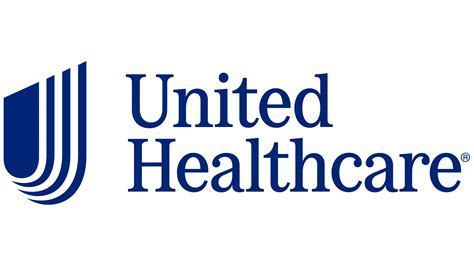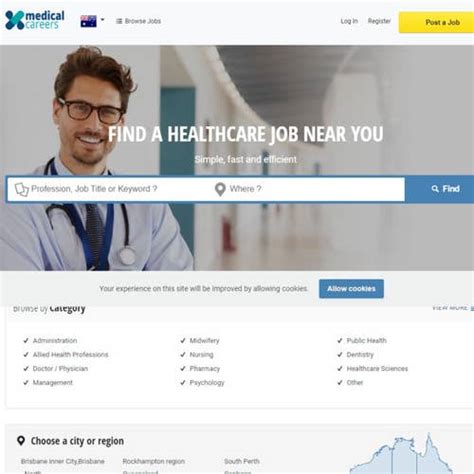Intro
Discover medical jobs no experience required for entry-level positions. Explore a range of healthcare careers, from medical assisting to pharmacy tech, that dont require prior experience. Learn about the skills and training needed to succeed in these roles and find job opportunities in hospitals, clinics, and medical facilities.
Breaking into the medical field can be a daunting task, especially for those with little to no experience. However, there are numerous entry-level medical jobs that don't require prior experience, making it easier for individuals to kick-start their careers in healthcare. These roles not only provide a stepping stone for advancement but also offer a sense of fulfillment and personal growth.
The demand for medical professionals is on the rise, driven by an aging population, an increased focus on healthcare, and advances in medical technology. As a result, hospitals, clinics, and healthcare organizations are looking to fill various entry-level positions that require minimal to no experience. Whether you're a recent graduate, a career changer, or simply looking for a new challenge, there are many medical jobs that can help you get your foot in the door.

Types of Medical Jobs That Don't Require Experience
There are many medical jobs that don't require prior experience, and we'll explore some of the most in-demand roles below.
1. Medical Assistant
Medical assistants play a vital role in healthcare, supporting doctors, nurses, and other medical professionals with administrative and clinical tasks. Their responsibilities may include taking vital signs, preparing patients for exams, and updating medical records. With on-the-job training, medical assistants can quickly learn the skills they need to succeed in this role.
2. Certified Nursing Assistant (CNA)
CNAs work closely with nurses and other healthcare professionals to provide basic care to patients, such as bathing, dressing, and feeding. While a certification is required, many employers offer training programs for aspiring CNAs. This role is an excellent starting point for those interested in pursuing a career in nursing.
3. Medical Receptionist
Medical receptionists are the first point of contact for patients, handling tasks such as scheduling appointments, answering phone calls, and managing medical records. This role is ideal for those with strong communication skills and a desire to work in a fast-paced environment.
4. Phlebotomy Technician
Phlebotomy technicians collect blood samples from patients, which are then sent to laboratories for testing. With minimal training, individuals can learn the necessary skills to become a phlebotomy technician and start working in a medical setting.
5. Medical Biller
Medical billers are responsible for processing and submitting medical claims to insurance companies. This role requires attention to detail, organizational skills, and basic knowledge of medical terminology. Many employers provide on-the-job training for medical billers.

Benefits of Starting a Medical Career with No Experience
While having experience can be beneficial, starting a medical career with no experience has its advantages.
1. On-the-Job Training
Many employers offer training programs for entry-level medical positions, providing individuals with the skills and knowledge they need to succeed.
2. Flexibility
Medical careers offer a range of schedules and shifts, making it easier for individuals to balance work and personal life.
3. Job Security
The demand for medical professionals is high, providing job security and stability for those in the field.
4. Opportunities for Advancement
Starting in an entry-level position can be a stepping stone for advancement, with opportunities to move into higher-paying roles or specialize in a particular area of medicine.
5. Personal Fulfillment
Working in the medical field can be incredibly rewarding, providing individuals with a sense of purpose and fulfillment.

How to Get Started in a Medical Career with No Experience
Breaking into the medical field without experience requires a strategic approach.
1. Research and Choose a Career Path
Explore different medical careers, considering factors such as job duties, salary, and growth opportunities.
2. Meet the Basic Requirements
Ensure you meet the basic requirements for your chosen career, such as education and certification.
3. Create a Strong Resume and Cover Letter
Tailor your resume and cover letter to highlight relevant skills and experiences, even if they're not directly related to the medical field.
4. Prepare for Interviews
Research common interview questions and practice your responses to increase confidence and improve your chances of landing a job.
5. Network and Seek Guidance
Connect with professionals in your desired field, seeking guidance and advice on how to get started.

Conclusion
Starting a medical career with no experience is not only possible but also a great way to break into the field. With on-the-job training, flexibility, and opportunities for advancement, entry-level medical jobs can provide a solid foundation for a rewarding and fulfilling career. By researching career paths, meeting basic requirements, and preparing for interviews, individuals can set themselves up for success in the medical field.
What are some medical jobs that don't require experience?
+Some medical jobs that don't require experience include medical assistant, certified nursing assistant (CNA), medical receptionist, phlebotomy technician, and medical biller.
How can I get started in a medical career with no experience?
+Research and choose a career path, meet the basic requirements, create a strong resume and cover letter, prepare for interviews, and network and seek guidance.
What are the benefits of starting a medical career with no experience?
+The benefits of starting a medical career with no experience include on-the-job training, flexibility, job security, opportunities for advancement, and personal fulfillment.
